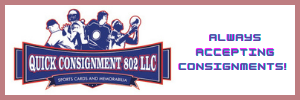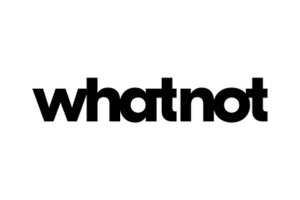
Law of Cards: Wildcat Electronic Trading Card Lawsuit Ends
The sometimes-esoteric patent battle over electronic trading cards just wrapped up.
Late last year, Wildcat settled with a slew of defendants, leaving Konami as the sole defendant. This week, however, Konami and Wildcat just settled their differences. The case is over.
Legal translation: This is likely the last article about Wildcat 1.0. Guess, the 'cat's going to be euthanized from Law of Cards.
Overall, this is a tricky case to determine who won or lost. I suspect the plaintiff got paid by some (if not most) of the defendants. But, the defendants did succeed in getting the Patent Office ("PTO") to reexamine Wildcat's electronic trading card patent.
Legal translation: A "do-over" by the PTO if you will.
The reexamination is still ongoing and the PTO has issued a preliminary rejection of the claims. This does not mean the patent will automatically die. Wildcat has a chance to overcome the rejection and receive an even stronger patent.
Legal translation: "Your honor, this patent has TWICE -- TWICE I tell you -- been examined by the good people at the PTO and they say it's good! It's not just good, your honor, it's doubly good!"
But, there's no guarantee Wildcat will win at the PTO. It's equally likely that the patent will change somehow, or be invalidated.
I suspect this uncertainty over the fate of the reexamination process led to Wildcat receiving less than it could have from the defendants. But sometimes it's best to take a smaller amount of money on the table rather than roll the dice to see if you can win a larger pot.
There's a Schroedinger's Cat analogy here I could probably make but, given this is a patent case over electronic trading cards, it's already too nerdy so I won't.
What does this mean for the future?
Well, competitors should keep in mind that until something more happens at the PTO, the Wildcat patent is still alive. If the PTO kills the patent, that'll allow others to create electronic trading card products with more confidence. And heck, the above facts might encourage new market entrants to gamble that the Wildcat patent is on its last legs, so why wait?
However, if they gamble on this and lose, there's a risk they will end up in a Wildcat 2.0 lawsuit.
The information provided in Paul Lesko's "Law of Cards" column is not intended to be legal advice, but merely conveys general information related to legal issues commonly encountered in the sports industry. This information is not intended to create any legal relationship between Paul Lesko, the Simmons Browder Gianaris Angelides & Barnerd LLC or any attorney and the user. Neither the transmission nor receipt of these website materials will create an attorney-client relationship between the author and the readers.
The views expressed in the "Law of Cards" column are solely those of the author and are not affiliated with the Simmons Law Firm. You should not act or rely on any information in the "Law of Cards" column without seeking the advice of an attorney. The determination of whether you need legal services and your choice of a lawyer are very important matters that should not be based on websites or advertisements.
 | Making purchases through affiliate links can earn the site a commission |

































Moiben le faire
This is ridiculous. How much do you want to bet that the PTO would rather let a bogus patent live than admit that they have made a mistake in issuing the patent in the first place?
Esquire Lesko; I hope you will forgive me when I mention that the current patent system benefits the patent attorneys far more than the small inventors and innovators that it purports to protect. I appreciate your coverage of this issue.
The purpose of the patent system:
35 USC 102
The best defense against a pending lawsuit for an unoriginal patent:
35 USC 282
The Average Cost of an unexpected case:
$5 million
Who wins?
The patent attorneys.
Who loses?
The economy at large, and everyone else.